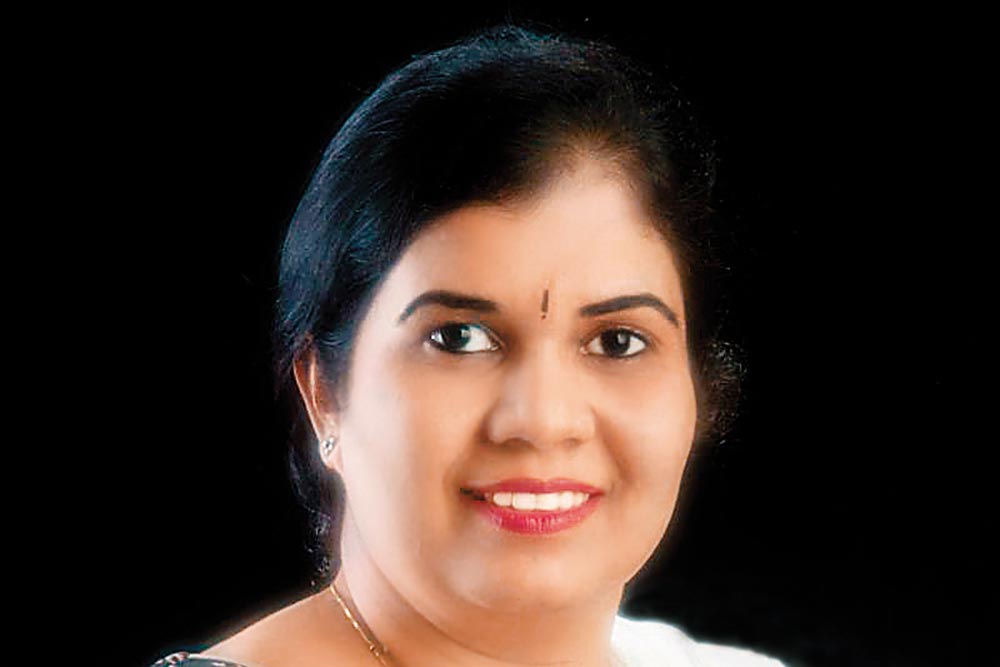Retirement planning is one of the most ignored financial goals in Indian households even though it is one of the most important life-stage goals for most families. In earlier days, joint families provided financial comfort to retirees since children would take care of retired parents. We are now fast moving towards nuclear families, Double Income No Kids (DINKs), single parenthood and live-in relationships.
Also, life expectancy is longer now which means your money has to last longer – potentially into your 90s. Given that bond yields and interest rates are very low, you cannot just invest in a few fixed income instruments and expect double-digit returns.
Why One Should Plan For Retirement?
These days, most employers give more salary in hand instead of retiral benefits. Formal inflation-linked pension too is fast becoming history. This inevitably means that unless you don’t plan for your retirement, there is no other social security system in place. Retiral benefits like Employees’ provident Fund (EPF) are also withdrawn many times by people (while still employed) for buying a house or for children’s education, marriage, etc. As a result, the retirement corpus suffers and one has to eventually downgrade one’s lifestyle post-retirement.
Even when planning for retirement, most often inflation is a significant factor that is left out of calculations. Many investors wrongly assume that their post-retirement expenses will be much lower than their current expenses. While some expenses like children’s education, grooming and transportation will reduce, other expenses, such as medication, will rise.
Being financially independent and healthy during retirement years is not a choice. Often, people overlook the fact that retirement is one financial goal for which loans are not available. While terms such as reverse mortgage are often talked about, turning those into a practical reality still remains a distant dream.
Number Crunching
If you are 30 years old and your current monthly expense is Rs 50,000, then your monthly expense will be nearly Rs 2.3 lakh when you retire at the age of 60 and Rs 5.7 lakh by the age of 80, assuming a very conservative inflation rate of 5 per cent. Apart from inflation, certain types of expenses like medical costs will also increase with age.
This calls for thoughtful retirement planning with a view of long-term wealth creation.
The ideal approach to retirement planning is to address this financial goal as soon as one starts earning. Amounts even as small as 5 per cent of one’s salary should be invested towards this need so that it creates a sufficiently large retirement corpus three decades down the line.
Starting early has many advantages as the money invested gets more time to grow, i.e., compounding. Due to compounding, after a point in time, the gains can be exponential in nature.
Investment Approach
Investing too aggressively or too conservatively can be disastrous, hence asset allocation is the key to creating a healthy retirement corpus. To plan this right, the optimal approach is to consult a personal financial expert who can help navigate the nitty gritty such that the investment made not only generates regular cash flow but is also tax efficient in nature. To begin with, it is important to have a fair idea of the target amount required for post-retirement years. Based on this, one can choose one’s investment instruments.
Putting all your retiral benefits into just an annuity plan will not be of much help in terms of helping keep up one’s lifestyle, post-inflation. So, it becomes imperative to have a large component of equity allocation early on such that allocation has at least a decade-plus to compound and then one can withdraw from the corpus generated through options such as Freedom SIP or Freedom SWP which are tax efficient in nature. Also, one can make use of facilities such as Medical Advantage Fund when it comes to meeting medical expense requirements.
Another aspect one should be very careful about is to be debt free as early as possible before retirement years. Whether it is buying a house or car, plan the purchase in such a manner that you do not have to divert your retirement savings to service debt.
To conclude, when it comes to retirement planning, the earlier one starts, the better. If you have not already started, then today is the next best day to start.
Swati Joshi, Director, Moneybolism Financial Services Pvt Ltd







